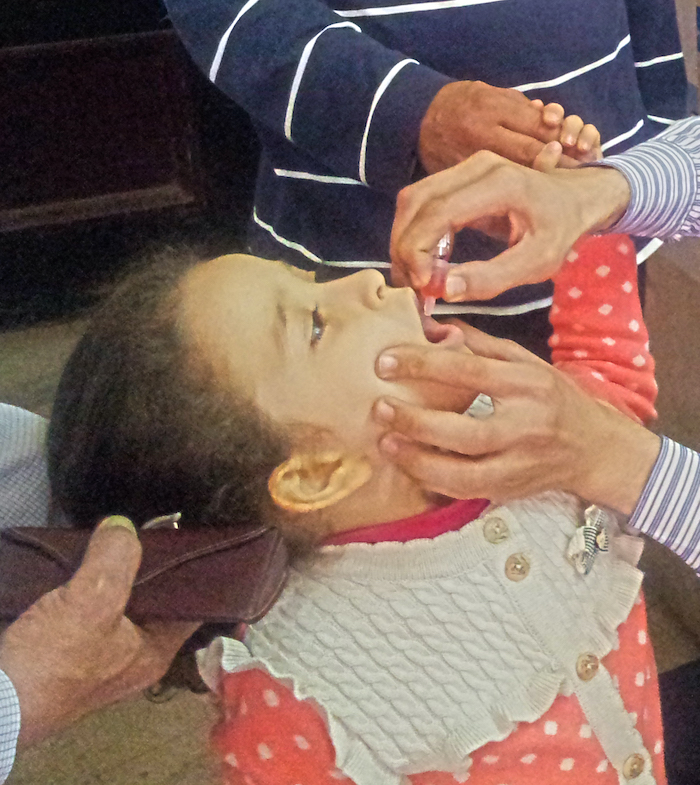On imposing medical treatment without consent

The other day the Muslim scholar and blogger Musa Furber published a brief article on his blog answering claims from some Muslims that Muslim authorities do not have the right to impose medical treatment on anyone (in this case, presumably, referring to Covid vaccines) without their consent. He quoted the Islamic Fiqh Academy in Jeddah as saying that the authorities can impose medical treatment in some circumstances, such as for the prevention of infectious diseases, as well as in emergency treatment where the patient’s life is at risk (this is, as far as I know, standard practice everywhere). He then quotes a well-known scholar called Wahbe al-Zuhayli as saying, in his book Al-Fiqh al-Islami wal-Adillatuhu (Islamic legal rulings and their evidences):
It is obligatory for persons when leaving it would lead to loss of his life, one of his limbs, or disability, or if the disease’s harm spreads to others, such as with infectious diseases.
The question has to be asked why someone would choose not to accept medical treatment when the alternative is incurring a permanent disability such as the loss of a limb or one’s sight. If the matter were simple, that the medication is proven to work and would avert that possibility and the side effects were tolerable, anyone of sound mind would accept it gladly. If people do not, it is not because they want to be blind or to lose a limb but because they have weighed up the pros and cons and want to avoid other serious adverse consequences. This may include, in the case of a pregnant woman, the loss of or harm to her baby. In other cases, the treatment may have an extremely onerous or painful recovery period and success might not be guaranteed; the patient might also have tried several times to cure the condition that threatens the impairment, but they have failed, and continual hospital treatment puts a greater restriction on their life than the impairment would. Children are particularly prone to having these sorts of onerous and dangerous, even traumatic, long-drawn-out treatments inflicted on them, sometimes for dubious benefit, because their consent is not required and parents are apt to think of their future rather than their present and may justify short-term suffering on the grounds of long-term benefit; the same is true for people with learning disabilities, and quacks offering cures to the desperate for conditions such as autism abound. Where what is being refused is life-saving treatment, the likely reason is that it is far from guaranteed to succeed or might only lengthen their life by a few months, leaving little time to actually have any enjoyment. Again, people do not refuse proven treatments even with severe short-term side effects.
While the role of vaccines in preventing or eliminating a number of major infectious diseases cannot be denied, a minority have suffered complications and some of these have been serious. When I was a child, there was a fear of complications from the whooping cough vaccine which led to many parents (including mine) refusing it for their children. Vaccine damage can lead to lifelong severe disability, which may result in the parents having to care for their child for their whole life or to them falling into institutional care; the complications may well mean a miserable life for the affected person (Lynn Gilderdale springs to mind). If the state is to be given the power to enforce vaccination, will they also pay for the upkeep of those who suffer damage, and in a dignified manner (which many institutions have not provided)?
In most countries, as far as I am aware, vaccines are encouraged rather than forced, although vaccination may be required for admission to school or for work in public-facing or health and care roles. Diseases such as smallpox, diphtheria and polio have been successfully eliminated without forcing adults to receive or to subject their child to receive vaccination: the prospect of a life free of disease and the fear of disease, of no more iron lungs or empty school desks, is enough to motivate most people to get vaccinated (and to contribute to research funding, as with the March of Dimes which helped fund the original polio vaccine). Even though today’s Covid vaccines are only of partial efficacy, most people accepted them when offered and shared the news with family and friends. It is true, however, that the fear of particular diseases has waned in the years since they were eliminated, or largely eliminated, by mass vaccinations, and people remember some of them as mild when they could be extremely serious or fatal. The only possible situation where the use of force might be necessary is where there are large-scale refusals influenced by misinformation, but even here, the community has been won over by education rather than force. Quite often, the community becomes mistrustful because of actual misconduct, as seen in Pakistan where an inadequate partial vaccine against hepatitis was given as part of an intelligence operation to find Osama bin Laden.
This points towards an old-fashioned attitude towards consent, one in which doctors are presumed to know everything and patients should not dare voice an opinion about their own condition. Doctors should not be empowered to impose treatments on anyone “for their own good” when their refusal might well be the result of an informed decision.


